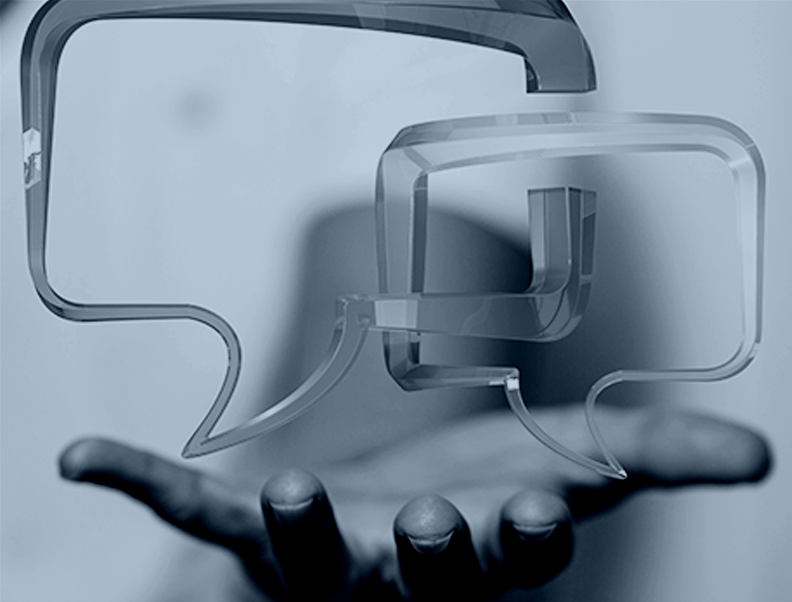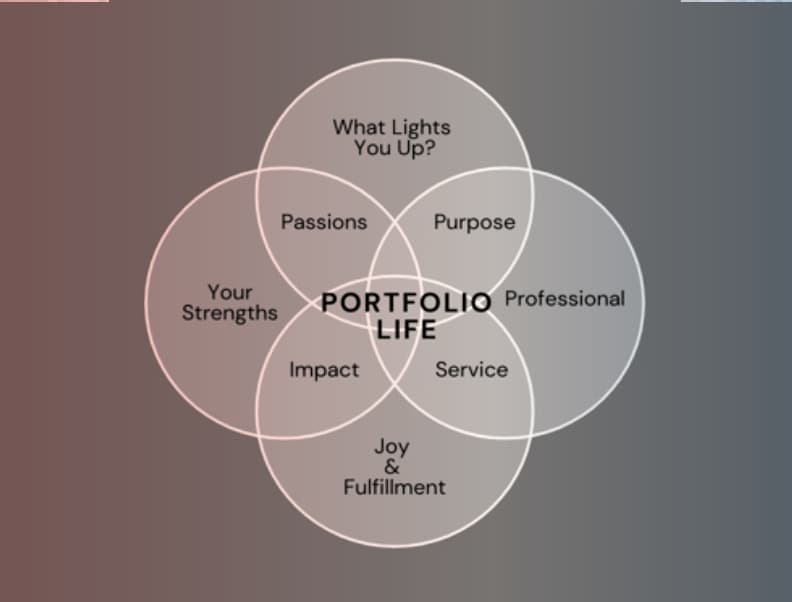See how we gain influence and make our voices heard to create the changes we desire at home, work, and in our local and national communities.
Historically, women had greater influence at home and at a local level in our neighborhoods. Our panel explored how women have gained influence and make our voices heard to create the changes we desire at work and in all our communities. As we have elevated our leadership and impact as business professionals, our voices and influence have also strengthened in corporate and political arenas. While we acknowledge our progress and celebrate strides, we know that this journey to create greater equality and influence in our communities must continue.
Here are the key responses and takeaways from the five primary questions that the panel addressed during the “Make Our Voices Count” program and many more can be found in the recording!
Q. What is the most significant progress you’ve seen women make since you started your work/life journey?
- Tania: More resources for women, more inclusivity (although room for improvement). Women making moves for other women, i.e., women supporting other women, opening doors, willingness to make introductions, don’t feel as threatened, and support the success of other women.
- Alexcia: Inviting women of color to attend and participate in conversations to which they weren’t previously invited. Women not waiting to “be put in the game” and instead are self-advocating and not waiting to be invited.
- Andie: While gender bias still exists in many work organizations, not to the magnitude it previously did, making it easier for women to help each other. There are more “seats at the table” for women.
Q. When we talk about owning your voice what does that mean to you and how do you demonstrate that in your life?
- Tania: “Owning my voice” required me to first formulate my point of view, then I learned to use my voice to put forward a topic/agenda to create action and an outcome I desired. And each time I raise my voice, it builds courage – and then the process builds more courage.
- Alexcia: First identify whose voice you are using. What is your identity – to be aware of other’s reactions to you. Women tend to do a better job speaking up for others versus themselves. Practice speaking up for yourself; and don’t speak louder or raise your voice to be heard, speak stronger. Use more confident language.
Q. Why do women struggle to self-advocate at work? Why do women hold back? And how can we improve advocacy for women at work?
Andie:
- Women are socialized to hold back. We apologize when complimented or put ourselves down or deflect versus owning our success and saying “thank you.” Bring in other people, mentor other women, and share ideas with them. We can raise our voices to help other women who might not be heard as much as others are.
- At times, women don’t support other women at the workplace because we may set different expectations for how women should treat us (e.g., nice, kind) than we do for men (e.g., direct, firm). Reflect to see if you have carried this bias.
- It can be a challenge to be authentic to ourselves. It is important to focus on what are the issues that matter to me and how do I make certain that I get that across and don’t compromise my values. We need to be aware of our audience so we remain focused on getting what we want out of an interaction. Have a specific strategy about the communication interaction.
- We need to get men involved and organizations need to change/evolve. Start with small steps. Celebrate the victory and move to the next small step. We also need to remove the subjectivity out of the workplace evaluation process (Note: See mightyyou.com or Andie’s book: “It’s Not You. It’s the Workplace”.)
Q. It is well documented that there are increased challenges for women in the workplace when we overlay race/ethnicity. What, if anything, have you witnessed and how can Caucasian women use their voices to demonstrate support to women of color:
- Alexcia: Caucasian women need to attend events hosted by groups primarily comprised of women of color versus inviting these women to their (predominantly Caucasian) groups to your events, attend their events. Are you investing in their organizations, buying tickets to their events?
- Tania: Don’t make assumptions about how a woman self-identifies. Be curious and meet them as they are to learn more about the goals. How can you support them? Pay it forward and lead by example – bring along other young women to help them navigate their careers.
Q. How do you recommend women can move forward to own their voice and their power?
- Alexcia: Show up, speak up, and pull another woman up with you.
- Tania: Having courage can be scary – the more you have, the lower your self–doubt, and the process builds more courage and the more you get more rewarded about it.
- Andie: Vote; and find ways to support and encourage others to vote.
 To learn more or connect further with our Speakers:
To learn more or connect further with our Speakers:
Alexcia Cox: Find her on LinkedIn.
Tania Haigh: Go to Magnolia Insights, and to learn about the non-profit she co-founded: P.A.X.A. Parents Against Child Sex Abuse (Note their December 5th Virtual Fundraiser.)
Andie Kramer: Go to Andie and Al for her blog, newsletter, books, etc.
Please let us know if you would like to have a conversation with us. Email the CAP STRAT Women’s Forum with any questions at womensforum@capstratig.com! Or call us at 630.320.5100.



